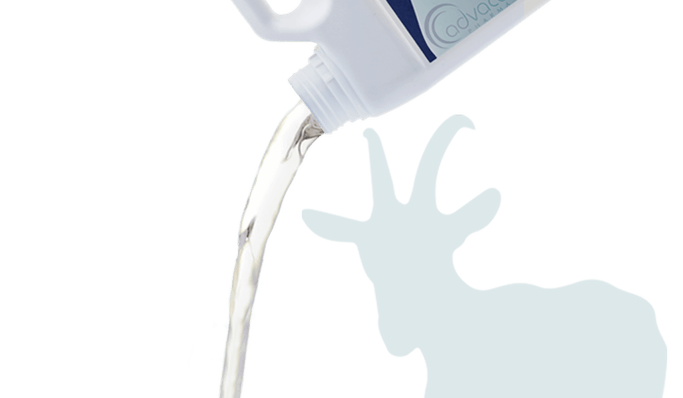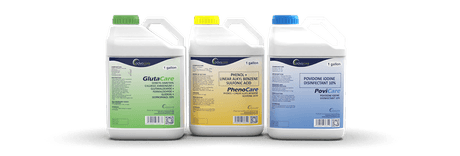What are Veterinary Disinfectants?
Veterinary disinfectants are specialized solutions designed to eliminate or reduce harmful microorganisms on livestock and their environments. They play a crucial role in preventing the spread of diseases among animals. These disinfectants are often formulated for external application and come in multiple-dose bottles.
The proper use of an animal disinfectant is fundamental to maintaining a healthy environment for livestock. By consistently eliminating pathogens, these disinfectants ensure that spaces where animals reside or feed remain clean and conducive for their growth. Moreover, the prevention of disease transmission is pivotal, especially in densely populated livestock areas, where an outbreak could lead to significant losses.
Livestock antiseptics, while closely related to disinfectants, are specifically formulated to be applied directly to the animal's body, wounds, or surgical sites to prevent infections. They act as a protective barrier, warding off potential pathogens that could cause harm. In surgeries or minor procedures, these antiseptics are invaluable, ensuring that wounds remain clean and free from contaminants.
In addition to these, the broader category of livestock disinfectant ensures that not just the animals but also the tools, equipment, and infrastructure they come into contact with are sanitized. Everything from feeding troughs to surgical equipment can be potential carriers of pathogens. Thus, having a dedicated disinfectant for animals is paramount in holistic farm management, guaranteeing that every aspect of the livestock's environment is conducive to their health and well-being.


